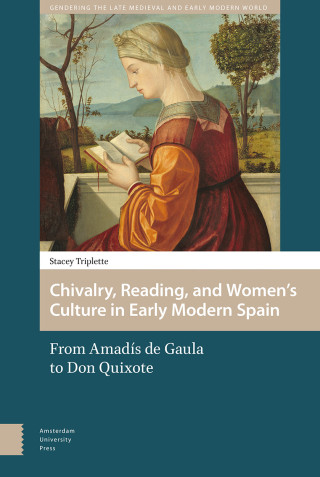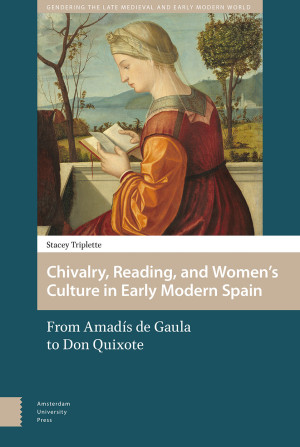"Triplette's focused critique of women’s literacy, both of the medieval texts' fictional characters and of women themselves as their readers, not only serves as a means of investigating gender equality and as a corrective to our increasingly partial reading practices, but also proposes a vitally effective method of approaching women's culture."
- Anne J. Cruz, Early Modern Women, Fall 2020
"Chivalry, Reading, and Women’s Culture in Early Modern Spain succeeds not only in examining the female characters in Amadís and Don Quijote but also in cogently and brilliantly bringing Beatriz Bernal and her Cristalián de España to the fore in Spanish Golden Age studies."
- J. A. Garrido Ardila, Renaissance Quarterly, Volume LXXIII, No. 1

